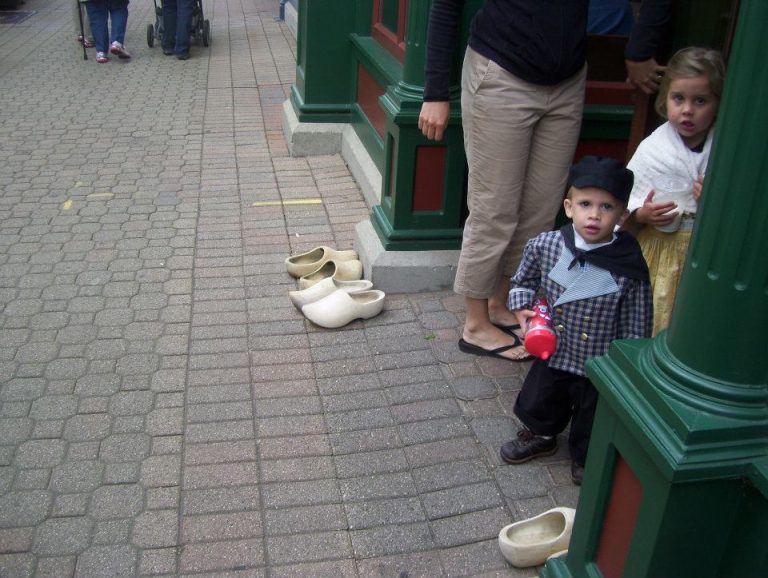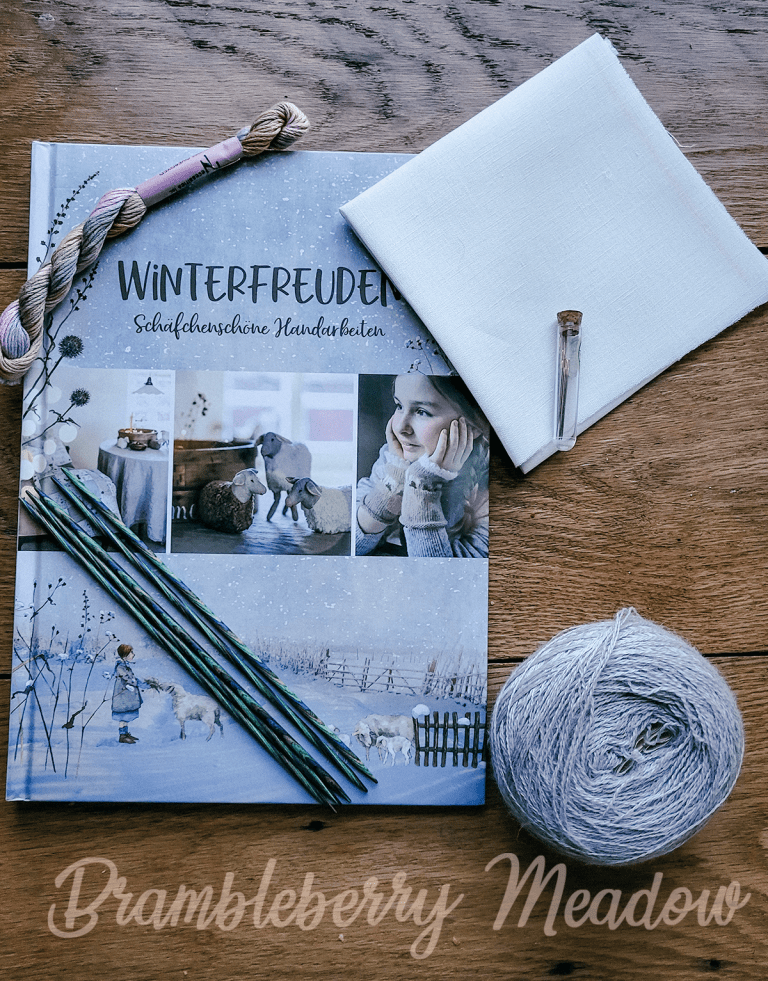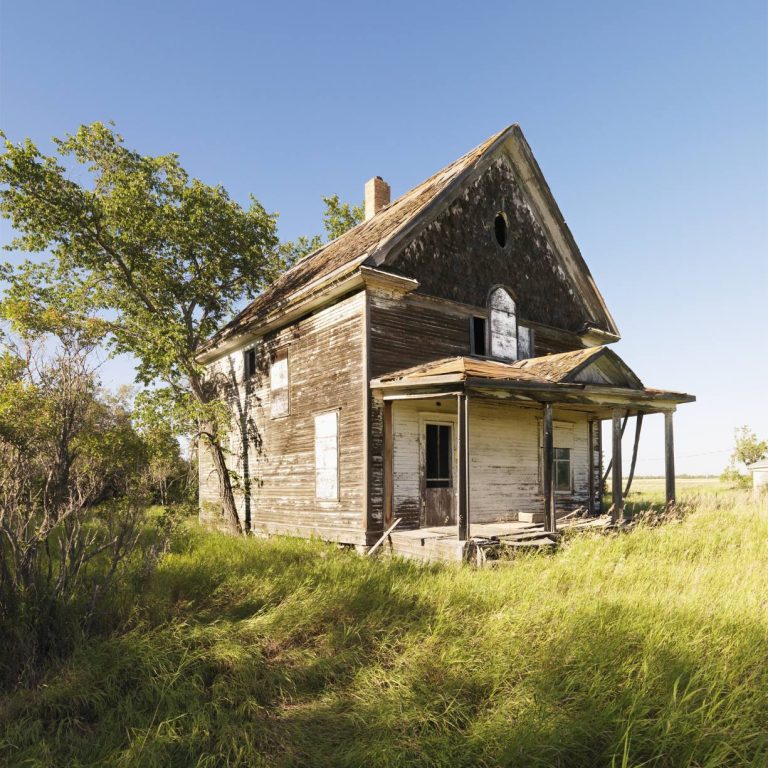Taking Refuge in Nostalgia
One of the more recent additions to my stack of reading material is Paul Kingsnorth. I am about 1/3 of the way through his book, “Savage Gods.” And I’ve recently discovered his Substack – The Abbey of Misrule. Now, Kingsnorth is sometimes heavy weather, inclined as much to stream-of-consciousness style expression as to highly polished, tightly edited essays. I think this is sometimes because he has so very much to say that is difficult to put into words.
At any rate, this week’s piece, entitled “Watch the Great Fall,” is well worth spending a little time with. (The book I may pass to my husband soon, as it seems as if it might speak somewhat more clearly to him than it does to me.” Kingsnorth has dubbed the overarching global culture and economic drive “The Machine.” And this characterization is apt. It treats us all as interchangeable cogs, to be changed in and out at will. We have no worth in and of ourselves, only as a part of that Machine – a power that regards us not.
In response, Kingsnorth examines a number of potential responses to the Machine and its depredations, finally settling on backing up and watching it fall, collapsing under its own weight. One of the other responses Kingsnorth examines, and rather reluctantly discards, is that of Nostalgia. I would agree with him that retreating into nostalgic melancholy for what has gone and cannot be reclaimed is a reaction that is understandable. But neither healthy nor particularly helpful.
Navigation
There are, however, other ways to consider Nostalgia. The first is to take a leaf from Anthony Esolen, and his book entitled, “Nostalgia.” Esolen brings the word back to its Greek roots and literal meaning – “The ache for the return.” Odysseus is a useful vessel for examining a reassessment of the usefulness of Nostalgia. Without it, Odysseus would have remained with Circe, while faithful Penelope wove by day and unraveled by night – all in vain. Instead, the promptings of nostalgia continue to push Odysseus ever homeward.
We, Esolen suggests, should likewise regard ourselves as pilgrims. This world is not our home. We can, and should, love it and steward it. But always knowing that this is not where we are meant to be for all time. Thus, much like Kingsnorth recommends “dancing lightly with the way things are going,” Esolen directs us to live as pilgrims, on the way.
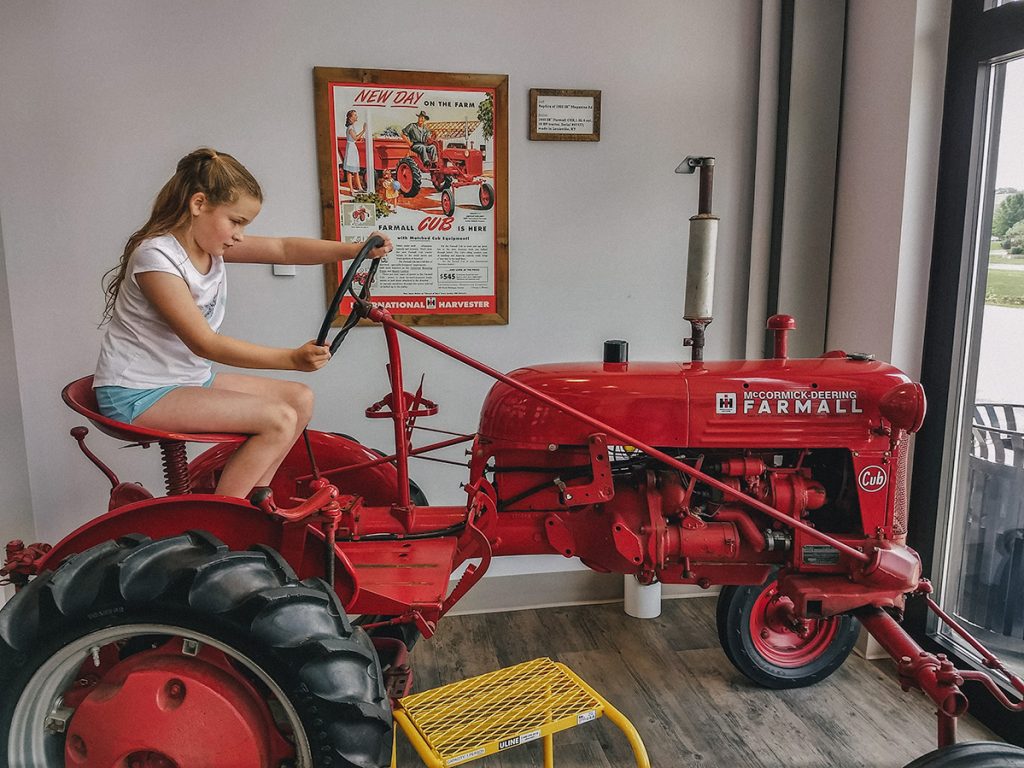
Both directions assume that we will use nostalgia as a bit of an anchor. One bright star to guide us, as we look up through the smoke and smog of “progressivism.” To keep the ship pointed ever toward The True, The Good, and The Beautiful, while on the horizon the Titanic sinks, slowly. And then all at once. That is, perhaps, the true use of nostalgia.
Not as a lifestyle. Not as a panic room. Not as an instruction book. But as a map. This map, however, does not – it cannot – lead us back into yesteryear. It’s more like the map that Anne of Green Gables created in her head of all the places that surrounded her home. It cannot take us back to a world that is lost. But if CAN say – “We once were thus. Through that alleyway of birch trees, and down to a field whose violets still bloom – if we are patient – is the way to be so again.”
Most of us are not Luddite enough to follow the example of Wendell Berry, retreating to family farm, eschewing technology, and conducting interviews largely by the exchange of handwritten letters. Most of us are not committed enough to go off-grid, grind our own flour, throw out our laptops, make our own clothes, and remove ourselves entirely from the machine. Instead, we visit historical costuming sites, attempt to master the art of sourdough – albeit with proofing boxes and Le Creuset Dutch ovens, sit before the fireplace, and stream episodes of “Victorian Farm.” Then snipe at each other for not “doing it right.”
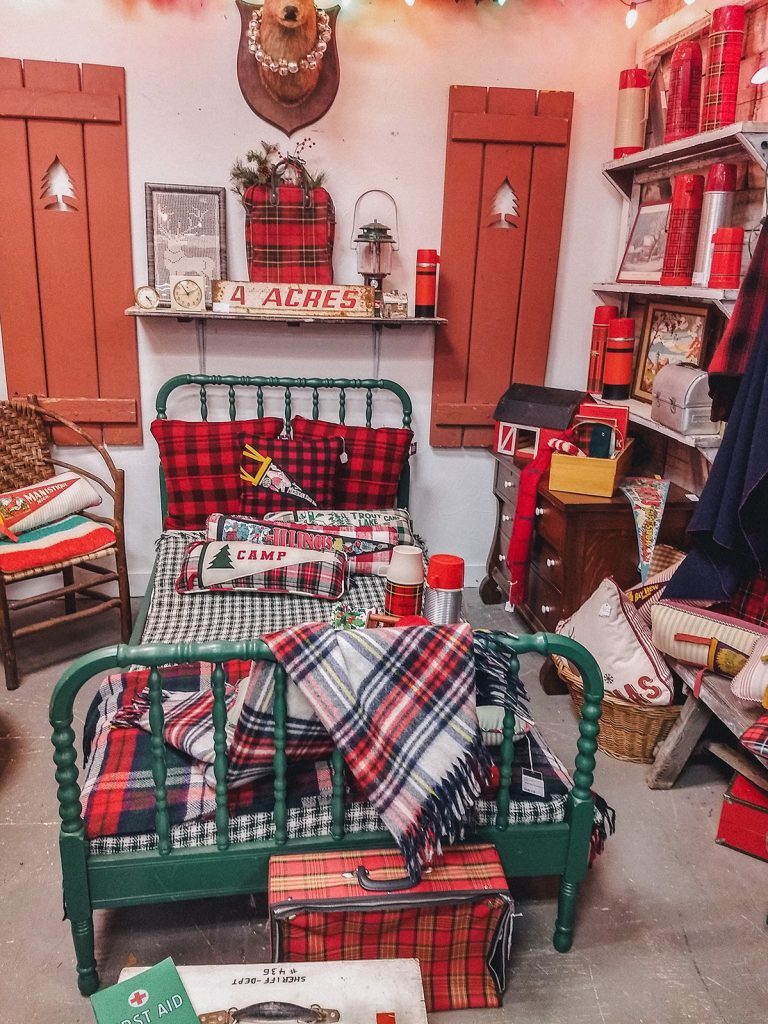
A Balancing Act
Perhaps we’d be further ahead to recognize those small acts of rebellion against The Machine. Those souls who, like us, put down the screens in order to go out and lay hands on solid, real things, may also be members of the Race Who Knows Joseph, if I may purloin the term from Miss Cordelia. The more we immerse ourselves in our Created world, the more we understand that our ability to change it to suit our whims has limits. It is not Sculpey. We are not the Mummenshantz. It is neither possible nor desirable to change either to suit the zeitgeist.
Critics will insist that nostalgic reminiscence wallpapers over many things about the past that were quite simply, bad. Awful. Sometimes unspeakably so. Sufferings and circumstances that we would be loathe to repeat. This is true. And it’s doubly true that the troubles we bring upon ourselves are always more painful than those that result from things beyond our control. But I would posit that these critics, themselves, turn a blind eye to the massive damage The Machine does to us – body, spirit, and soul – day by day and hour by hour. Indeed, they celebrate it.
I’m hardly an unbiased observer. If you’ve been around here very long, you’ll have noticed that plying the thread of nostalgia is something of my stock-in-trade. Mostly because I really do believe that our abandonment of attachment to place, combined with elevating individual autonomy to the level of Prime Directive has been strongly to our detriment. And no anecdote about this or that person who shook the dust of “home” from their feet as they left to pursue The Perfect Life unconnected to kith and kin will convince me otherwise.
Are we at a point in history where there is nothing left to do but watch The Fall? Possibly. Is Kingsnorth putting forth an alternative to Dreher’s “Benedict Option”? Perhaps. Return to community is probably our best option. But whether those communities are build intentionally, as Dreher suggests, or coalesce naturally between the craters left by the fall of Kingsnorth’s Machine, I do not know.
What I do know is that you and I could do worse than to avoid getting sucked into the gears. So, read some decent poetry (spoiler – Kingsnorth’s piece has some good places to start. Add a little Kipling and you can hardly go wrong), knit a pair of socks, plant a garden, bake a pie. Acquaint yourself with the real, solid, immutable characteristics of reality. They’ll be here for us even after The Fall.

